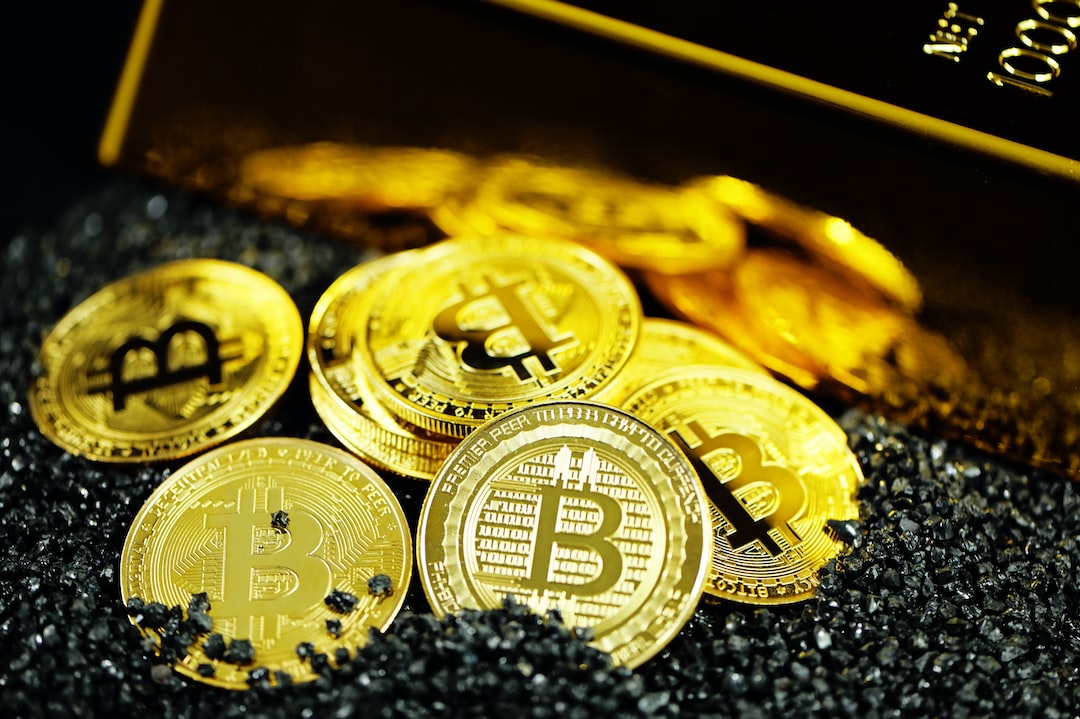El Salvador’s Bitcoin Investments Turn Profitable
The Salvadoran government’s bitcoin investment has finally become profitable as the price of bitcoin has risen. President Nayib Bukele announced on social media that the country’s bitcoin holdings are now in the black. Despite facing criticism for the initial losses, Bukele stated that El Salvador has no plans to sell its estimated 2,381 BTC. He called on news sites to issue retractions or acknowledgments of the country’s profitable position.
Brazil to Prioritize Digital Currency in G20 Discussions
Brazil, as the new president of the Group of 20 (G20), will focus on digital currency discussions within the bloc. Roberto Campos Neto, president of the Central Bank of Brazil, emphasized the potential benefits of digital currencies in reducing the costs of international transactions. He also highlighted the programmability and democratizing aspects of this technology.
Venezuela Accuses Exxonmobil of Funding Ballot Opposition with Crypto
Venezuela’s government claims that Exxonmobil, one of the largest oil and gas companies, attempted to influence the recent Essequibo ballot using cryptocurrency. Venezuelan Attorney General Tarek William Saab has issued arrest warrants related to this investigation, including for opposition members such as former interim President Juan Guaido. The government alleges that funds were brought into the country using cash and the stablecoin USDT to bypass financial controls. Exxonmobil denies any involvement in financing Guyana’s activities in the conflict over the Esequibo region.
Hot Take: Latin America Embraces Crypto Amidst Economic Challenges
As Latin America faces economic challenges, countries like El Salvador and Brazil are turning to digital currencies as potential solutions. El Salvador’s bitcoin investment has proven profitable, illustrating the benefits of holding cryptocurrency. Brazil, as the new G20 president, aims to discuss digital currencies to reduce international transaction costs and improve financial settlement. However, challenges arise as Venezuela accuses Exxonmobil of using crypto to influence elections. The adoption of digital currencies in Latin America showcases the region’s growing interest in leveraging blockchain technology to address economic issues.





 By
By
 By
By
 By
By

 By
By
 By
By